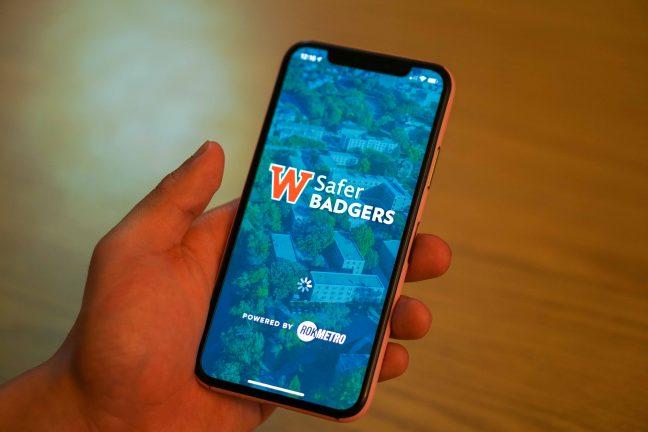Though most University of Wisconsin students are complying with testing guidelines, COVID-19 cases are increasing among students, particularly those living off-campus, according to an email to undergraduate students from the Office of the Chancellor.
The Office of Student Conduct and Community Standards will contact off-campus students who are not complying with COVID-19 guidelines and have missed required COVID-19 tests, while UW Housing will contact students living on-campus.
Students who miss COVID-19 tests will receive warnings, which will escalate into them being blocked from accessing campus WiFi and transcripts. Further sanctions include disciplinary probation — which is part of a permanent disciplinary record on a student’s transcript and would impact their ability to study abroad — and even suspension.
“Our collective safety relies on everyone taking the testing requirements seriously. This is not only to make sure that everyone on campus is safe, but to make sure that the UW community does not spread infection into the larger Madison community,” the email stated. “That’s why we’re asking even those students who live in central Madison and who don’t have in-person classes to test regularly.”
Students who are temporarily away from their local Madison address should fill out the off-campus exemption form, and those who incorrectly state their current address to avoid testing requirements will be subject to non-academic misconduct charges, according to the email.
The email comes after a prior one sent to students for not complying with the university’s testing policy, though many of the recipients were complying with university policies.
In addition to compliance, the email mentioned University Health Services has provided 7,000 vaccinations free of cost to eligible students and employees. Beginning March 1, UW will expand the eligibility to faculty and staff with direct student contact, some public-facing essential workers such as utilities and communications infrastructure personnel and non-frontline essential health care personnel.


